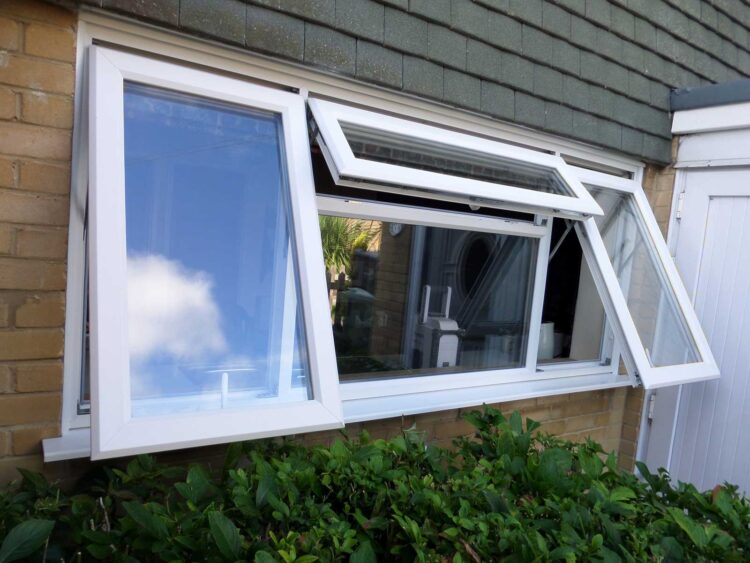In the quest for a warmer, more energy-efficient home, homeowners are constantly searching for cost-effective solutions. Double glazed windows have surged in popularity as a powerful tool in reducing heating bills. But what exactly are they, and how can they contribute to significant savings? This blog post delves into the heart of double glazed windows and their impact on heating costs, providing a clear breakdown of how they work and the kind of savings you can expect.
Understanding Double Glazed Windows

Dual-pane windows, consist of two layers of glass with a space between them. This design is intended to reduce the loss of heat and regulate indoor temperatures.
Double glazed windows Units are not just ordinary windows; they are an innovative approach to insulation. The space between the two panes of glass is usually filled with inert gas, which acts as an insulator. This helps maintain a consistent temperature inside your home, irrespective of the external weather conditions. Additionally, the sealed air gap serves as an effective barrier against outside noise, making your home quieter and more peaceful.
The primary role is to improve home energy efficiency. By creating a thermal barrier, these windows reduce the need for artificial heating and cooling. This means your heating system doesn’t have to work as hard to maintain a comfortable indoor temperature, leading to lower energy consumption and, consequently, reduced heating bills. Over time, the savings on energy bills can significantly offset the initial investment in double glazed windows.
Calculating Your Savings

Understanding the potential savings from installing them requires a look at the initial costs versus long-term benefits. It’s an investment that pays off over time, not overnight.
The upfront cost can be higher than single-pane windows. However, the reduction in energy consumption they offer translates into lower heating bills. This cost-benefit analysis varies depending on factors such as climate, the efficiency of the existing windows, and heating system. Typically, homeowners can expect to see a reduction in their energy bills by as much as 10% to 25%, according to various energy conservation sources.
To understand the specific savings double glazed windows can bring to your home, it’s useful to perform a personalized calculation. Take into account the size of your home, the average local temperature during winter, the efficiency of your current windows, and your typical heating costs. Many online calculators are available to help estimate your savings. While the exact figures can vary, the consistent theme is clear: they can lead to significant savings in the long run.
Conclusion
Double glazed windows stand out as an effective measure in reducing heating bills and enhancing home comfort. By understanding their benefits and calculating potential savings, homeowners can make informed decisions that align with their energy efficiency goals and budget. Investing in these windows is not just about improving home insulation; it’s about embracing a sustainable lifestyle that pays dividends in the form of lower energy bills and a smaller carbon footprint.
